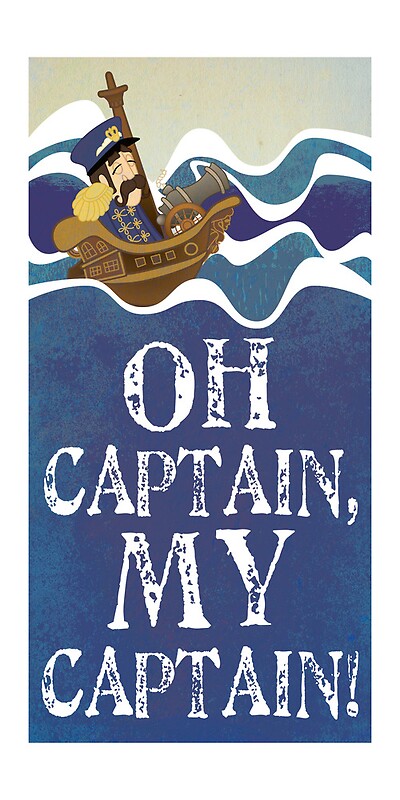

The United States had to learn the hard way that a nation is a fragile and changing thing. Talk about facing opposition from the group that didn’t vote for you! A lot of citizens, in the South particularly, really didn’t think Lincoln best represented them, and thought they’d be better served by pulling away and doing their own thing. When one such elected official, Abraham Lincoln, became president, the nation was on the verge of civil war. Still, he or she is expected to represent their opponents’ best interests and wishes as well. (And isn’t that always the case? In any election, anywhere from zero to half of the population will have voted against the winner. This is especially true for the folks who get elected by most…but not all of the people who vote. It just sounds like the way to go, right? Well, while this seems like quite the fair process, and one that makes sense, that doesn’t mean it comes without difficulties. If you grew up in the United States, or any other number of democratic republics in this world, you are probably quite used to the idea that you and all other citizens get to vote for people to represent them. What is O Captain! My Captain! About and Why Should I Care? The poem itself went through many versions up until the 1891-1892 edition (the last edition) of Leaves of Grass. Whitman became a famous American poet in his own time. To mourn the loss of his president, Whitman wrote “O Captain! My Captain!” and it became what folks in the music biz would call a smash hit single. Whitman, crushed, held vigil as his hero passed away. Unfortunately, though, Lincoln was assassinated on April 14, 1865, just five days after the Confederate surrender. It appeared that President Lincoln had guided the nation back into safer harbors, and the American people respected him greatly for the clear-headed leadership that he provided.

The Union was preserved, and the country began the era of Reconstruction (what was that about? Check out Shmoop’s run-down on Reconstruction and come on back. Lincoln remained in office after the Civil War ended. (For more on their relationship, check this out.) Whitman claimed that he could even see Lincoln’s office, lit by candlelight, as Lincoln worked late into the night, burning the midnight…uh, wax. As Lincoln passed, the two would bow to each other, though Lincoln may never have known who the gray-bearded man on the side of the road was. Lincoln took a horse or carriage ride every day, and the poet was often on the side of the road-you know, thinking poetic thoughts and such. Most of Whitman’s time during the war was spent in Washington, D.C., where Whitman apparently would see the young President Abraham Lincoln cruising around town. He also worked as a journalist for newspapers. Although Whitman never fought in the war, he was closely involved as a nurse for the wounded. Many poems of the time celebrated the United States with all its struggles as a young and forming nation, and nothing represented those struggles better than the poems Whitman wrote about the Civil War. Whitman also wrote a lot about his country, the good ol’ U.S. He then continually revised, edited, and added to this collection until the early 1890s. In it, Whitman wrote about so many different things: love, sex, politics, nature (including grass), travel. Take his first collection of poems, Leaves of Grass, published in 1855. Walt Whitman was a walking, talking poetic encyclopedia.


 0 kommentar(er)
0 kommentar(er)
